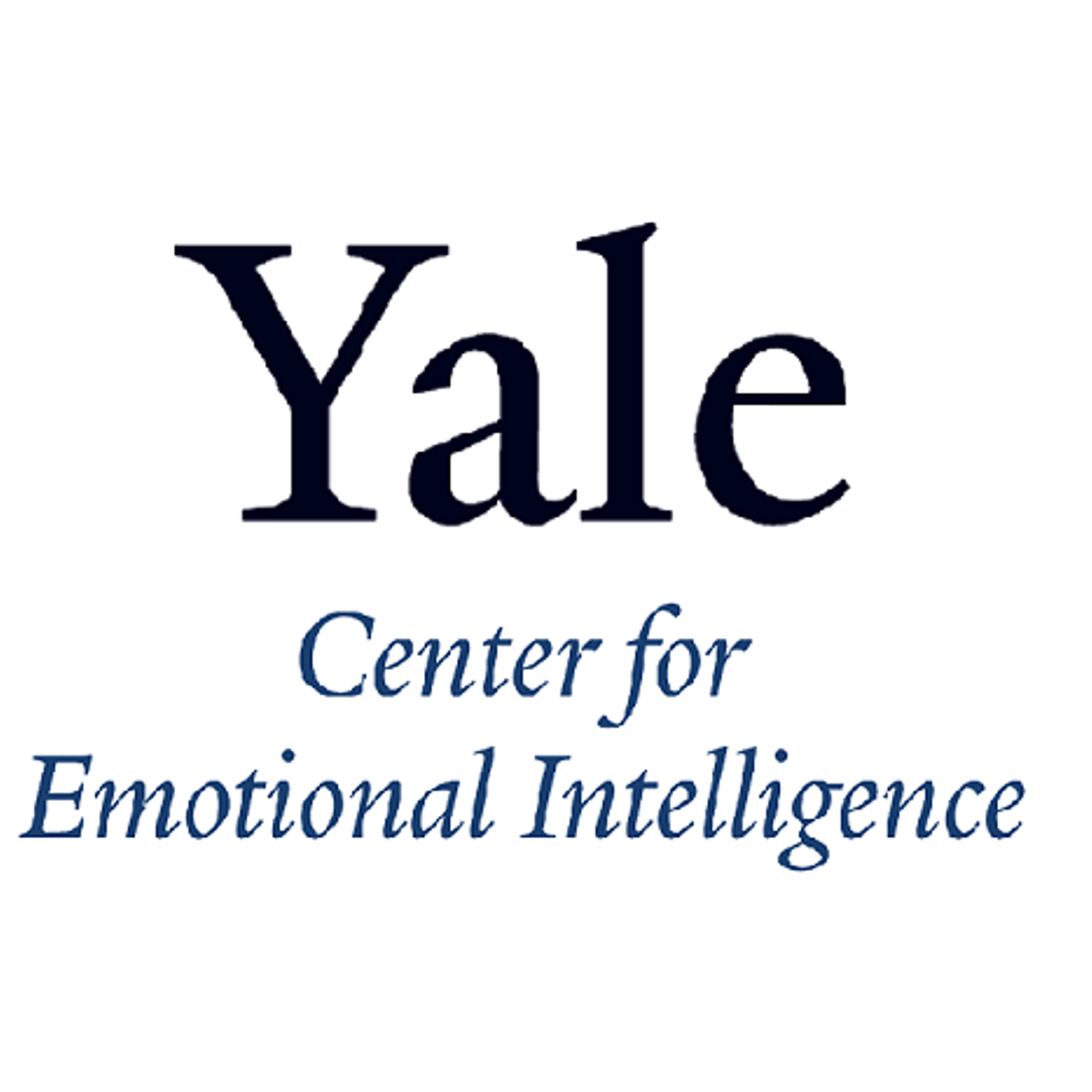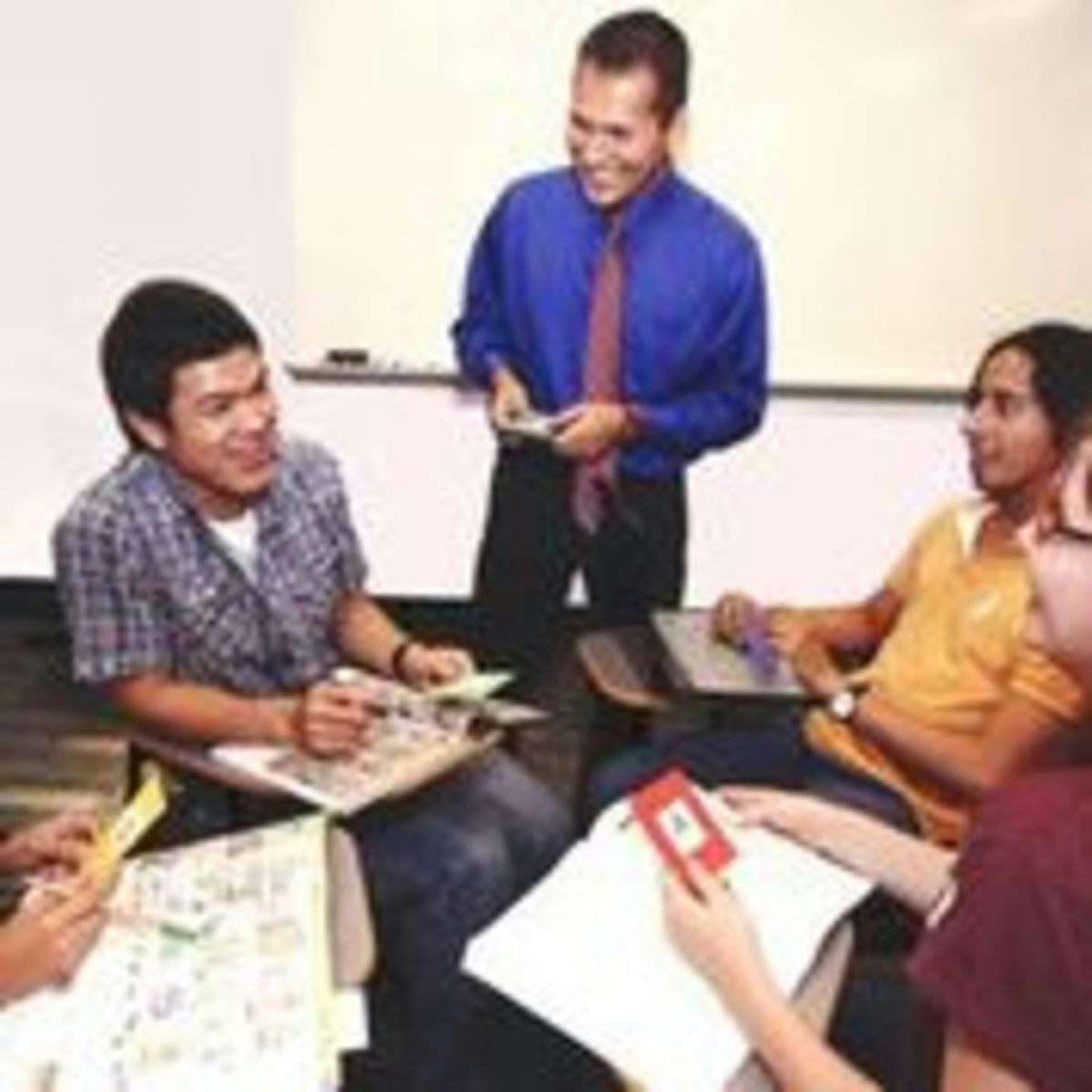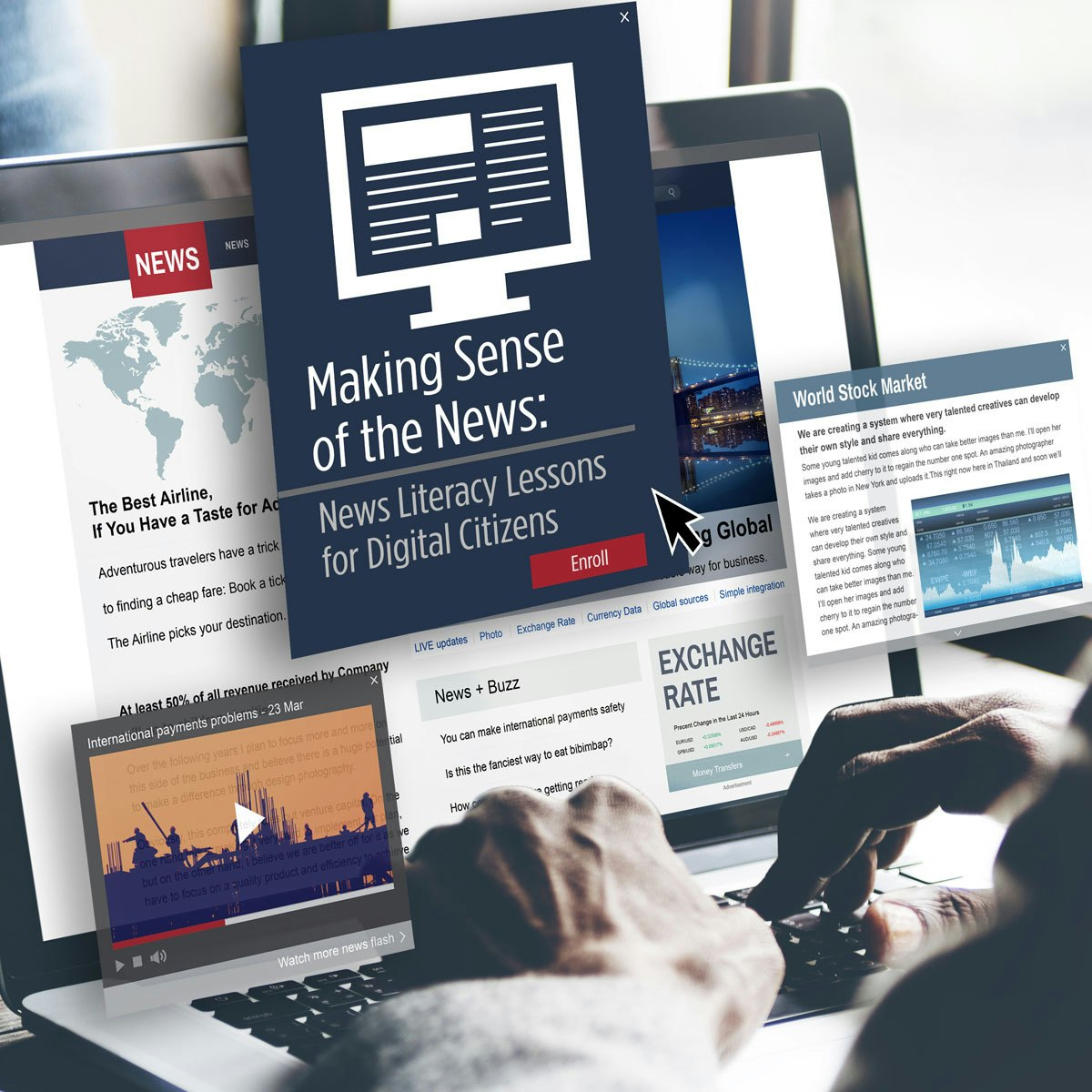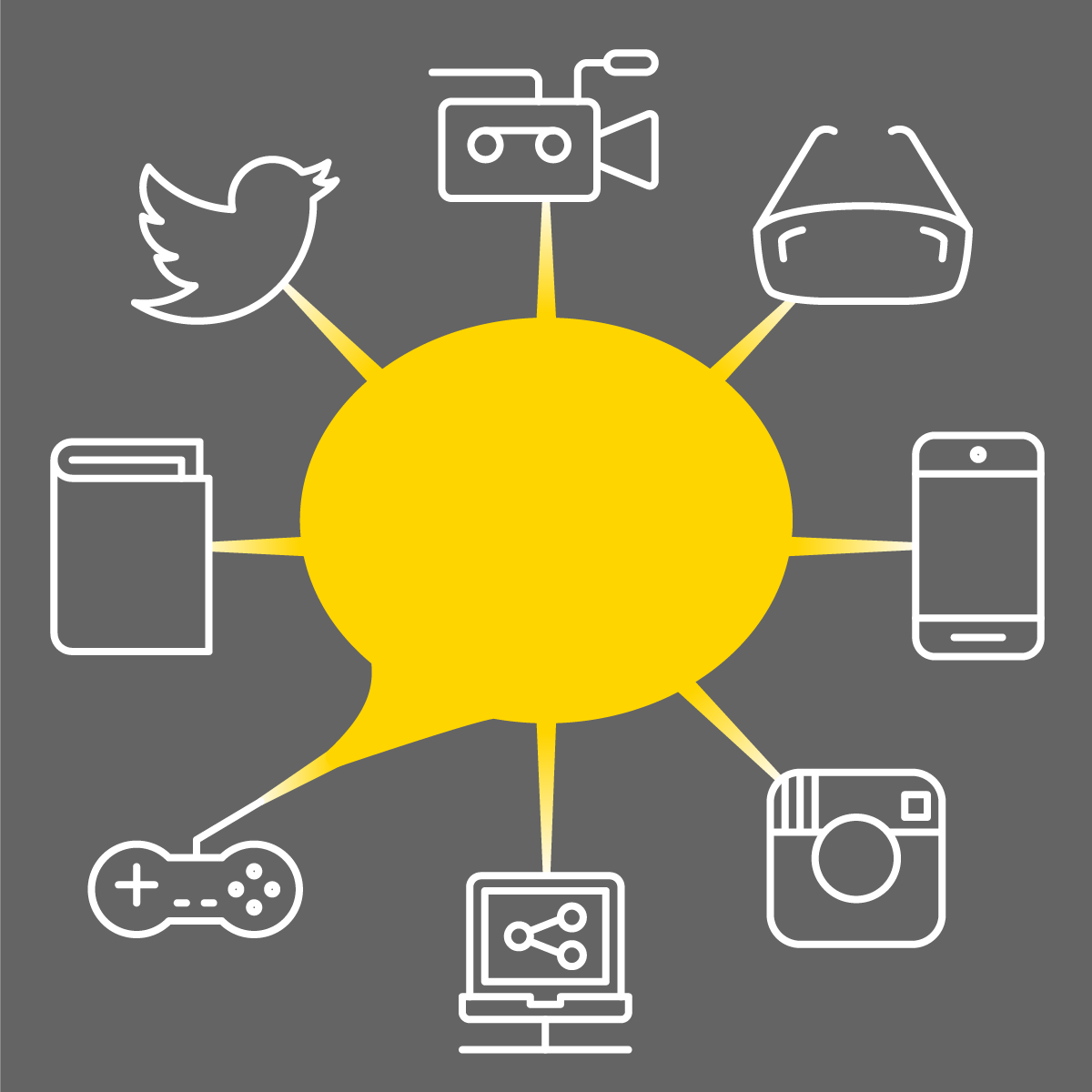Back to Courses









Education Courses - Page 22
Showing results 211-220 of 264

Social Pedagogy across Europe
Social Pedagogy across Europe is the first Massive Open Online Course focused on social pedagogy – a relationship-centred approach to supporting people’s learning, well-being and social inclusion in ways that promote social justice. The course is structured in eight sessions presented over four weeks – an introductory session, six sessions outlining social pedagogy in different European countries and sharing some innovative practice insights, and a review session to support you in applying your learning. You can undertake the six country sessions in any order you would like.
Through this course, we aim to:
1. Give you an insight into how social pedagogy has been developing across Europe, highlighting both the diversity and connections,
2. Highlight the importance of valuing every person as intrinsically ‘rich’, recognising their unique potential and ability to be a valuable member of society,
3. Introduce you to ways in which you can bring this belief to life in everyday interactions and relationships that support people’s learning, nurture their well-being and enable them to feel included in society,
4. Ensure you are familiar with the most fundamental aspects of social pedagogical practice in ways that are applicable in your own personal and professional life.
If you are currently working with children, young people, families, community groups, vulnerable adults or older people, then this course will be highly relevant. You will gain a panoramic overview of social pedagogy, which explores the principles and key thematic areas in ways that are practice-relevant and can be easily applied in any educational and care setting.

Managing Emotions in Times of Uncertainty & Stress
Developed by the Yale Center for Emotional Intelligence, Managing Emotions in Times of Uncertainty & Stress will provide participants with the knowledge, skills, and strategies to understand and manage their emotions and those of their students. The 10-hour online course is designed for school staff, including teachers, paraprofessionals, counselors, principals, and non-teaching staff in preK-12 schools.

The Dynamic Earth: A Course for Educators
The AMNH course The Dynamic Earth: A Course for Educators provides students with an overview of the origin and evolution of the Earth. Informed by the recently released Next Generation Science Standards, this course examines geological time scales, radiometric dating, and how scientists “read the rocks.” We will explore dramatic changes in the Earth over the last 4 billion years, including how the evolution of life on Earth has affected its atmosphere. In addition to looking at geology on a global scale, participants will take to their own backyards to explore and share their local geologic history. Course participants will bring their understanding of the dynamic Earth - along with content resources, discussion questions, and assignments - into their own teaching.

Critical Issues in Urban Education
Urban school reform in the United States is characterized by contentious, politicized debate. This course explores a set of critical issues in the education and educational reform space, with a focus on aspects of the field that have sparked controversy and polarized views. We will dig into these debates, situating them within the larger history of public education and school reform, and considering the viewpoints, the evidence, and translation of issues into educational policy.
We will consider three broad topics in this course:
1. Federal Strategies in School Reform: How has the federal government legislated and incented public school reform?
2. School Choice: How does school choice aim to improve schools?
3. Accountability: What is the history of accountability in American public schooling? What are the policies and practices associated with accountability?
Learning Goals
This course will enable participants to:
1. develop an informed historical perspective about public schooling in the United States;
2. understand the unique contextual elements of the American approach to public schooling;
3. analyze and assess divergent viewpoints about American public school history and school reform policy.
Teachers may be able to receive continuing education credit for successful completion of this course. To earn continuing education credits students must purchase and earn the Course Certificate, which they can then submit to the credit-issuing agency in their state. Students should also fill out the requisite paperwork stating that the affiliated provider is the Graham School at the University of Chicago, and that average time for certificate-level course completion is 18 hours. Students outside of Illinois should contact their state’s accreditation board to determine whether this course is eligible for continuing education credit. Note that it is up to the schools or districts that employ teachers to decide whether this course meet their requirements.

Teach English Now! Foundational Principles
Through a series of engaging metaphors and stories, prospective and current EFL/ESL teachers will identify, summarize, and evaluate 7 basic language learning paradigms. Learners will be presented information on such foundational principles as motivation, risk taking, two different modes of learning, and balancing the teacher profession. Learners are also given an understanding of basic techniques founded on those principles, such as teacher talk, looking “ridiculous” in order to lower the affective filter, and networking. With these foundational principles in mind, ESL/EFL teachers will scrutinize common assumptions about language learning by comparing how they stack up to research-based core principles.
Making Sense of the News: News Literacy Lessons for Digital Citizens
Never before has the need for News Literacy been more urgent. As news consumers are bombarded with a constant stream of fake news, propaganda, hoaxes, rumors, satire, and advertising — that often masquerade as credible journalism — it is becoming more and more difficult to distinguish fact from fiction. While the public’s faith in the news media erodes, purveyors of misinformation have helped give rise to troubling cultural trends and alarming political movements.
This six-week course will help learners develop their critical thinking skills to enable them to better identify reliable information in news reports and to become better informed about the world in which we live. The course will discuss the key elements of journalism from the viewpoint of the news audience.
The language of instruction is English, but Chinese and Spanish subtitles will be available. Each week will tackle a challenge unique to the digital era:
Week 1: The power of information is now in the hands of consumers.
Week 2: What makes journalism different from other types of information?
Week 3: Where can we find trustworthy information?
Week 4: How to tell what’s fair and what’s biased.
Week 5: How to apply news literacy concepts in real life.
Week 6: Meeting the challenges of digital citizenship.

Resilient Teaching Through Times of Crisis and Change
Resilient teaching is the ability to facilitate learning experiences that are designed to be adaptable to fluctuating conditions and disruptions. This teaching ability can be seen as an outcome of a design approach that attends to the relationship between learning goals and activities, and the environments they are situated in. Resilient teaching approaches take into account how a dynamic learning context may require new forms of interactions between teachers, students, content, and tools. Additionally, they necessitate the capacity to rethink the design of learning experiences based on a nuanced understanding of context.
The course is designed with higher education faculty, lecturers, and graduate student instructors in mind, but may also be applicable to educators in a wide variety of instructional environments. The course is aimed at participants who may be asked to rethink how they teach in the immediate or near future due to the ever-changing circumstances of the current COVID-19 pandemic. While the creation of this course is motivated by the current crisis, we expect it will remain relevant to instructors who are faced with disruptions and change to their teaching for any number of reasons and must quickly adapt their course designs.
To support learning and reflection, we are introducing a new journaling tool within the course that provides a place for participants to reflect on their own experiences. To support community growth, participants can choose to share their journal entries with the wider course community in an interactive gallery space.

Teach English Now! Capstone Project 1
In the final Capstone Project, you will apply the skills you learned by observing teachers at work (a total of six hours of observation). You will build on the concepts learned from the previous courses to analyze the lessons. You will also submit your teaching philosophy, a five-day lesson plan, and a teaching tip. You will deliver a portion of your lesson, submitting a 6-10 minute video for peer review. If you have completed Teach English Now! Part 1 and Teach English Now! Part 2, you will submit your work for expert review to receive your ASU 150-hour TESOL Certificate from ASU, in addition to your Coursera certificates.
Transmedia Storytelling: Narrative worlds, emerging technologies, and global audiences
Transmedia storytelling is the practice of designing, sharing, and participating in a cohesive story experience across multiple traditional and digital delivery platforms - for entertainment, advertising and marketing, or social change.
Have you ever read a book, seen a movie, watched a television show, or played a game that centred around different aspects of a larger story or universe? You may be familiar with popular examples of such universes like Star Wars, Marvel, and The Walking Dead (to name a few).
How do the professionals develop such expansive narratives? How do they ensure that each element stays true to the original story? How do they innovatively use different technologies to share the stories, grow audiences and create an active and involved community of fans?
More and more, we are also engaging with elements or franchises of larger and more complex stories across a much more diverse range of platforms like interactive web experiences, social media communities, mobile devices, theme parks, and even augmented and virtual reality. A major challenge that current and future storytellers face is being able to engage different audiences in a story that is seamlessly told across all of these different platforms.
WHAT WILL I LEARN?
This course will help you to design a strategy for developing and telling your own transmedia story. You will learn about what it takes to:
• Shape your ideas into compelling and well structured narratives and complex story worlds
• Identify, understand, and engage different audiences in your stories
• Create cohesive user experiences across different platforms
• Evaluate existing and emerging technologies to share your story with the world, and help your audience participate in the larger storyworld you create
The course provides you with a unique, authentic, and industry relevant learning opportunity. You will have access to current theory, industry examples and advice and undertake learning activities that will equip you with the tools you need to start developing your own ideas.
WHO WILL MY INSTRUCTORS BE?
You will learn effective transmedia design strategies from leading UNSW Australia Art & Design academics. You will also examine case studies that demonstrate how amazing ideas, technology and audience contributions can be brought together to create dynamic storyworlds. You'll see examples of major, successful transmedia storytelling projects involving movies, digital entertainment, gaming, virtual reality and more. In collaboration with our industry partner X Media Lab, the course will give you inside access to the personal stories, insight and advice of the following innovative transmedia storytelling professionals from Hollywood USA, Canada and Australia.
• Susan Bonds, 42 Entertainment, Los Angeles, USA
• Flint Dille, Screenwriter, Game Designer and Novelist, Los Angeles, USA
• Cindi Drennan, Illuminart, Australia
• Tom Ellard, UNSW Art & Design, Sydney, Australia
• Catherine Fargher, Dr Egg Digital, Sydney, Australia
• Hal Hefner, 3AM Creative, USA
• Brian Seth Hurst, StoryTech, Los Angeles, USA
• Henry Jenkins, School for Communication and Journalism, University of Southern California, USA
• Mikey Leung, Digital Storytellers, Sydney, Australia
• Alex Lieu, 42 Entertainment, Los Angeles, USA
• Geoffrey Long, Annenberg Innovation Lab, University of Southern California, USA
• John McGhee, UNSW Art & Design, Sydney, Australia
• Joseph Narai, Transmedia Entertainment, Sydney, Australia
• Jeff Nicholas, The Uprising Creative, Los Angeles, USA
• Sergio Paez, Graphic Artist working in animation, TV, video games, and film. Co Founder, StoryboardArt, California, USA
• Steve Peters, No Mimes Media, Los Angeles, USA
• Stuart Samuels, Stuart Samuels Productions, Toronto, Canada
• Charles Santoso, Concept Artist, Sydney, Australia
• Seth Shapiro, New Amsterdam Media, Los Angeles, USA
• Scott Snibbe, Eyegroove, San Francisco, USA
• Tracey Taylor, The Pulse, Sydney, Australia
• Robert Tercek, Public Speaker, Digital Media Strategist, and Executive Leader for Creative Ventures and Business Innovation, • University of Southern California, USA
• Kevin Williams, Founder & Director of KWP Ltd and DNA Association, UK
• Brent Young, Super 78, Los Angeles, USA
• Maya Zuckerman, Transmedia SF, San Francisco, USA
COURSE CONTENT DEVELOPMENT
Karin Watson, Iman Irannejad, and Dr. Simon McIntyre.

Value-Based Care: Introduction to Value-Based Care and the U.S. Healthcare System
COURSE 1 of 7. This course is designed to introduce you to the concept of value-based care (VBC). While the information you will explore is general, it will help you establish a solid foundation for continued learning and future thinking about the concept of VBC. Through a historical lens, you will explore the creation of Medicare and Medicaid and the evolution of commercial insurance, TRICARE, and the Veterans Health Administration. While history is an important filter for understanding healthcare in this country, you will learn how each of these mechanisms emerged, the populations served, and what changes occurred over time, with a focus on funding and expenditures. In addition, this course will help you establish a firm foundation for understanding the development and evolution of quality measures and outcomes in healthcare. By developing an understanding of what quality is and how it is measured, you can begin a knowledge-building exploration of the components of quality in healthcare. Why is this important? In value-based care models, providers must meet quality measures and improve the health outcomes of their patients. In the summative assignment, you will use a national system of quality measures to develop a plan that would positively impact value within your healthcare organization.
Popular Internships and Jobs by Categories
Find Jobs & Internships
Browse
© 2024 BoostGrad | All rights reserved